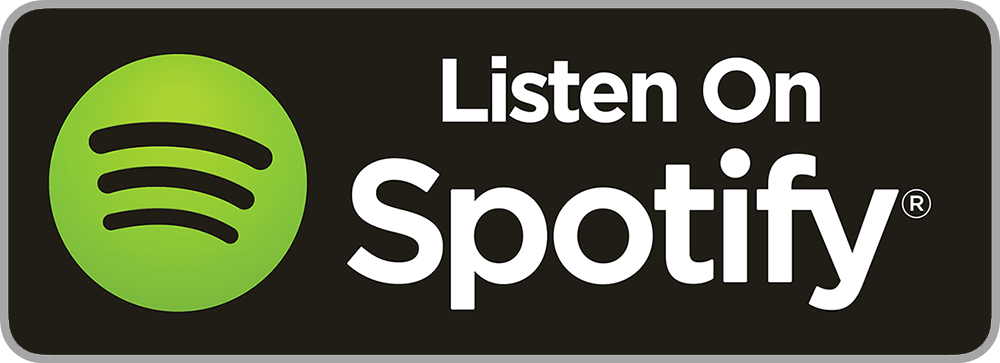In 2019, consumers are constantly listening to podcasts. They play them on the commute, when they clean the house, while they are enjoying breakfast. Their phone reproduces their favorite news or comedy podcasts whenever they want and with the minimum effort. Spotify, the Swedish music streaming platform, wants to be the service where all those consumers go for podcasts.
Earlier this week, the streaming platform acquired two podcast companies: Gimlet Media, a narrative podcast network, and Anchor, a platform that hosts and monetizes podcasts. Spotify, like Netflix and Amazon, does not want to remain a distribution platform. It desires to become a producer or original content, move away from its music-only focus, and enter other realms of media production.
Spotify, which functions as a freemium service—some features are free, but the premium ones are not—, has had too many competitors in the music business. As Nicolas Quah writes for the Nieman Lab publication, the Swedish company has to fend off traditional music labels and other streaming platforms like Pandora. Spotify has understood that, as Netflix and Amazon had, that distributing third-party content is not a sustainable business, and that needs some sort of “original content,” a much more difficult endeavor in music than in television.
Podcasts are different, although some competitors remain the same. The podcasting market is not as coveted as the music industry and Spotify will have the opportunity to differentiate itself, grow, and increase revenues by integrating ads in podcasts. Podcasts may also be the way to have original content and allow non-original music streaming to be bundled with the podcast service.

Interestingly, podcast listeners have dramatically increased in recent years. While in 2008 only 9% of Americans aged 12 or older had listened to a podcast in the last month, in 2017 that percentage had risen to 24%, according to Pew Research Center. That same year, The New York Times launched a 25-minute podcast called The Daily, which became a huge success. By the beginning of 2018, The Daily reached more than 4.5 million unique users per month.
Spotify has been trying to become a podcast producer for some time now. In 2018, it began producing original podcasts, with shows like “Amy Schumer Presents: 3 Girls, 1 Keith.” But with these two recent acquisitions (Gimlet Media and Anchor), their podcast production will probably increase massively. Through the recommendations interface, Spotify will be able to tailor the podcasts to the consumer and collect ad revenue. A decision to be made, however, is whether Premium members will have to hear those ads on the podcasts or not.
In terms of competition, Spotify has an advantage over media companies and other podcast producers: its existing subscribers. As of November 2018, Spotify had 87 million premium members worldwide, and 200 million users in total. In comparison, Pandora only counted with 6.19 million paying subscribers in 2018. Spotify is well positioned to take advantage of the podcast revolution.
However, there’s a giant Spotify will find hard to tackle: Apple. The Cupertino-based company will remain Spotify’s biggest competitor in the podcast and music industry, and also the hardest one to beat. Apple Podcasts are easy to use, and they are already on the phone, which means the user does not need to download any platform. They are just there. As Apple controls the device, it might also control the content delivered through the phone, how users interact with the phone (and with podcasts). That is probably one of the reasons Apple Podcasts reached 50 billion all-time episode downloads and streams in March 2018.
It is clear that the podcast industry is going through a revolution, and that streaming platforms such as Spotify do not want to remain on the sidelines. They want to become producers, control the content that is streamed through their services and monetize it. For the moment, they have hit the music industry hard, especially record labels. Now, they want to do it with podcasts, where the market is not as coveted and the users are increasing; it may in fact be the key to Spotify’s long-term survival.
Josep Valor & Carmen Arroyo

